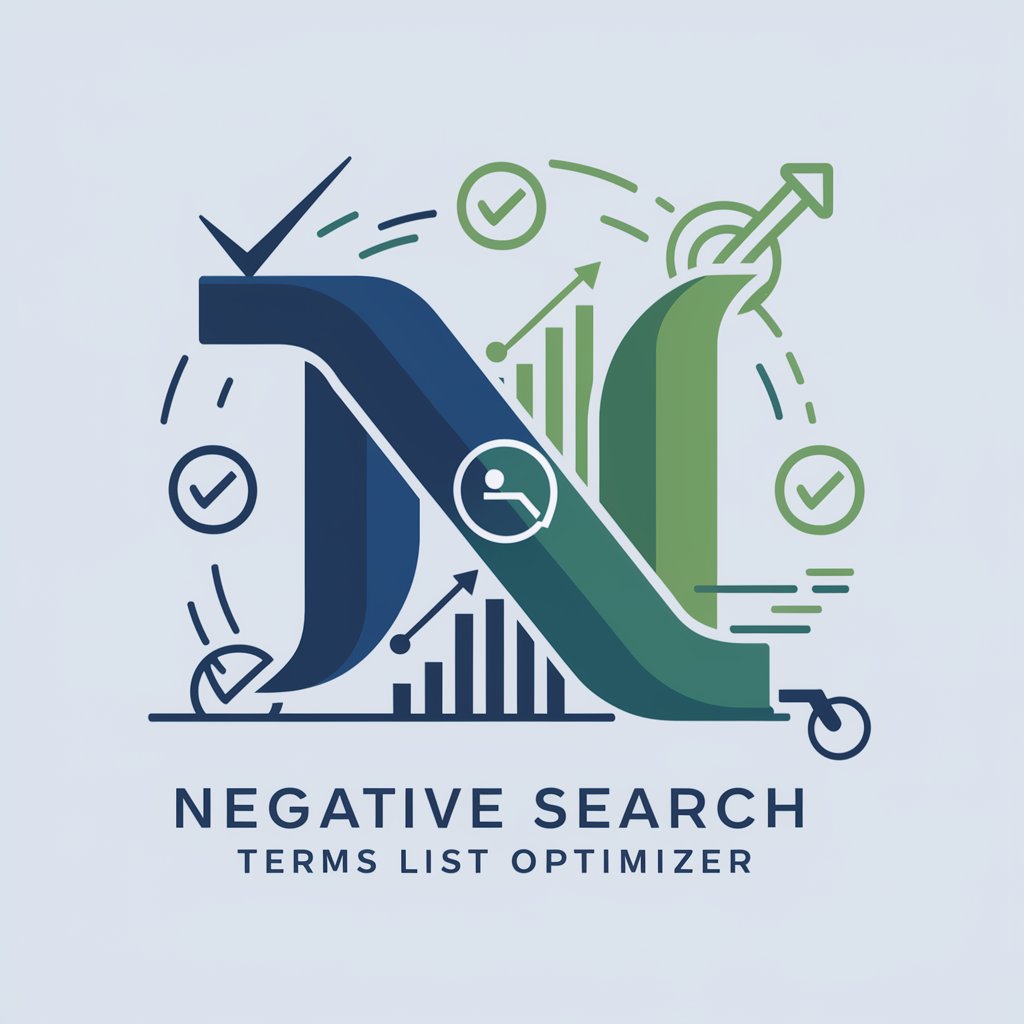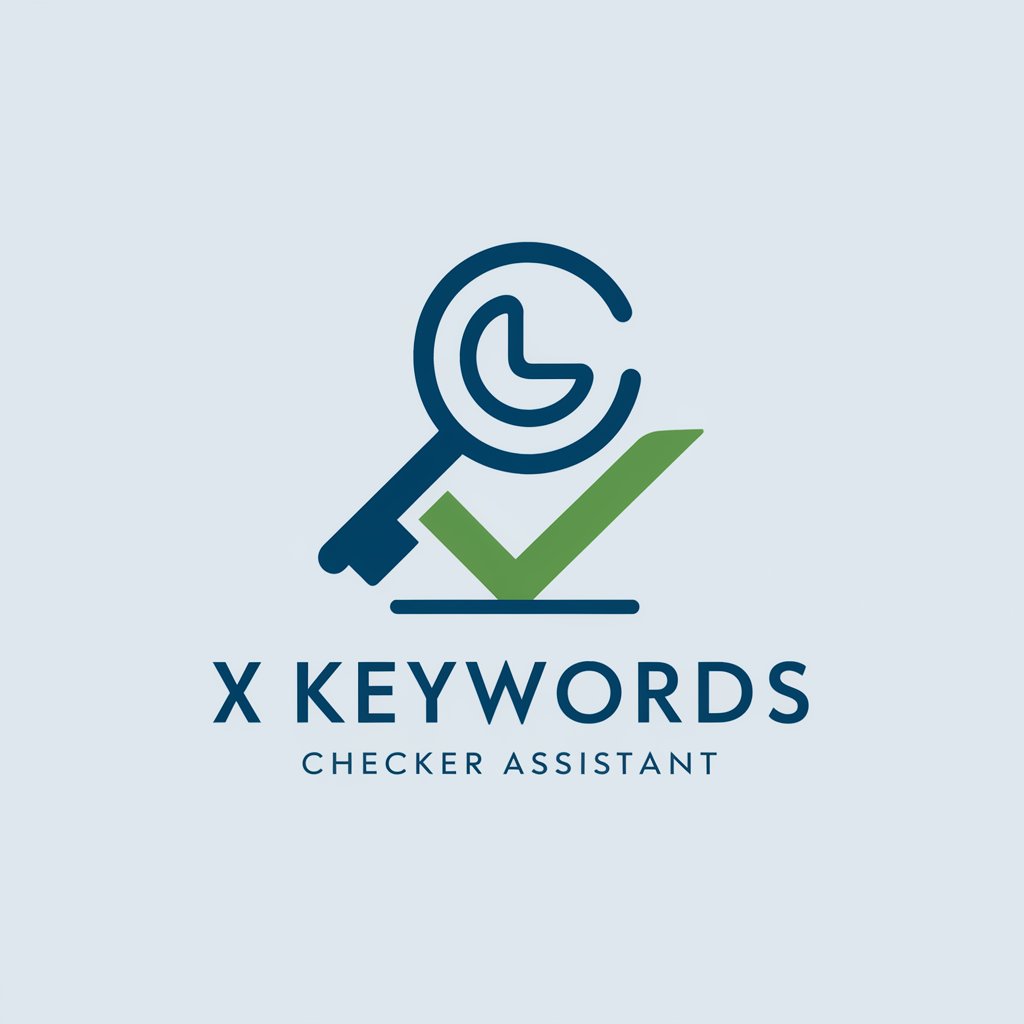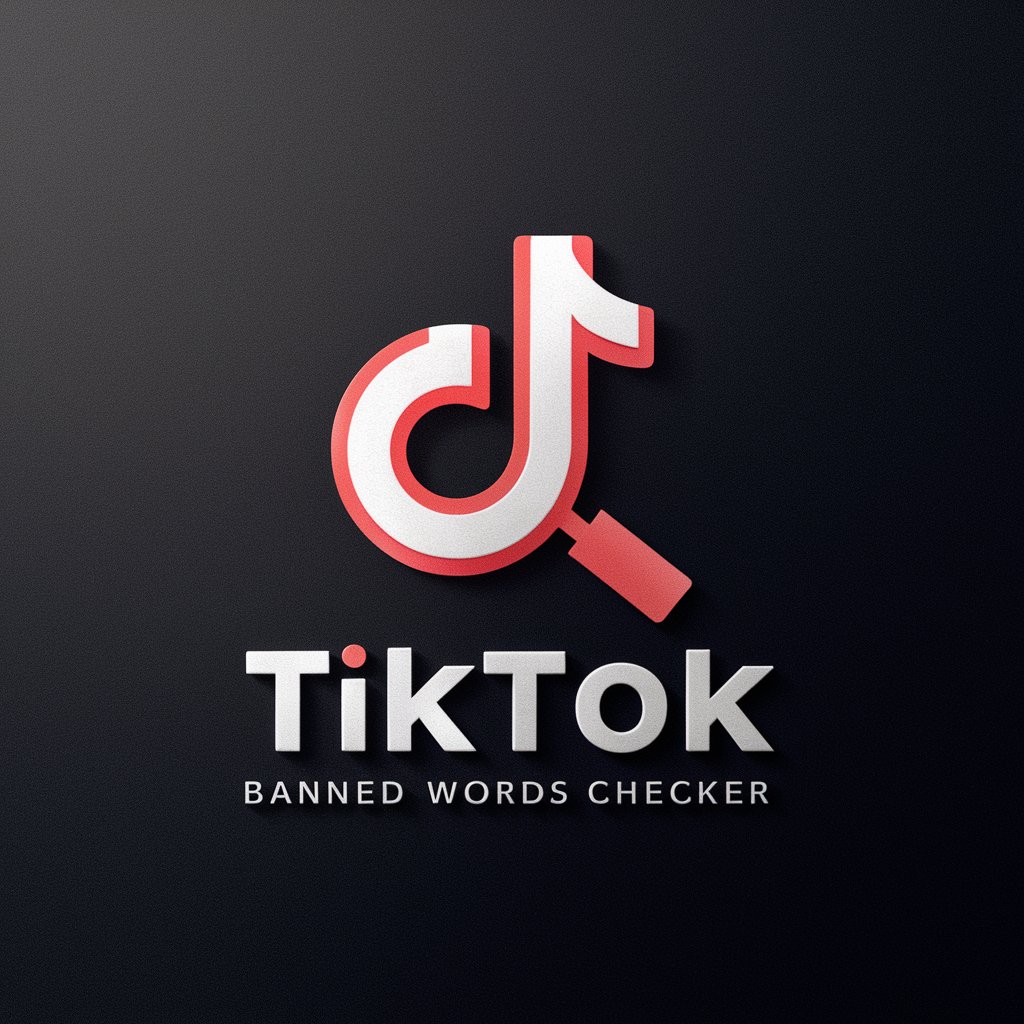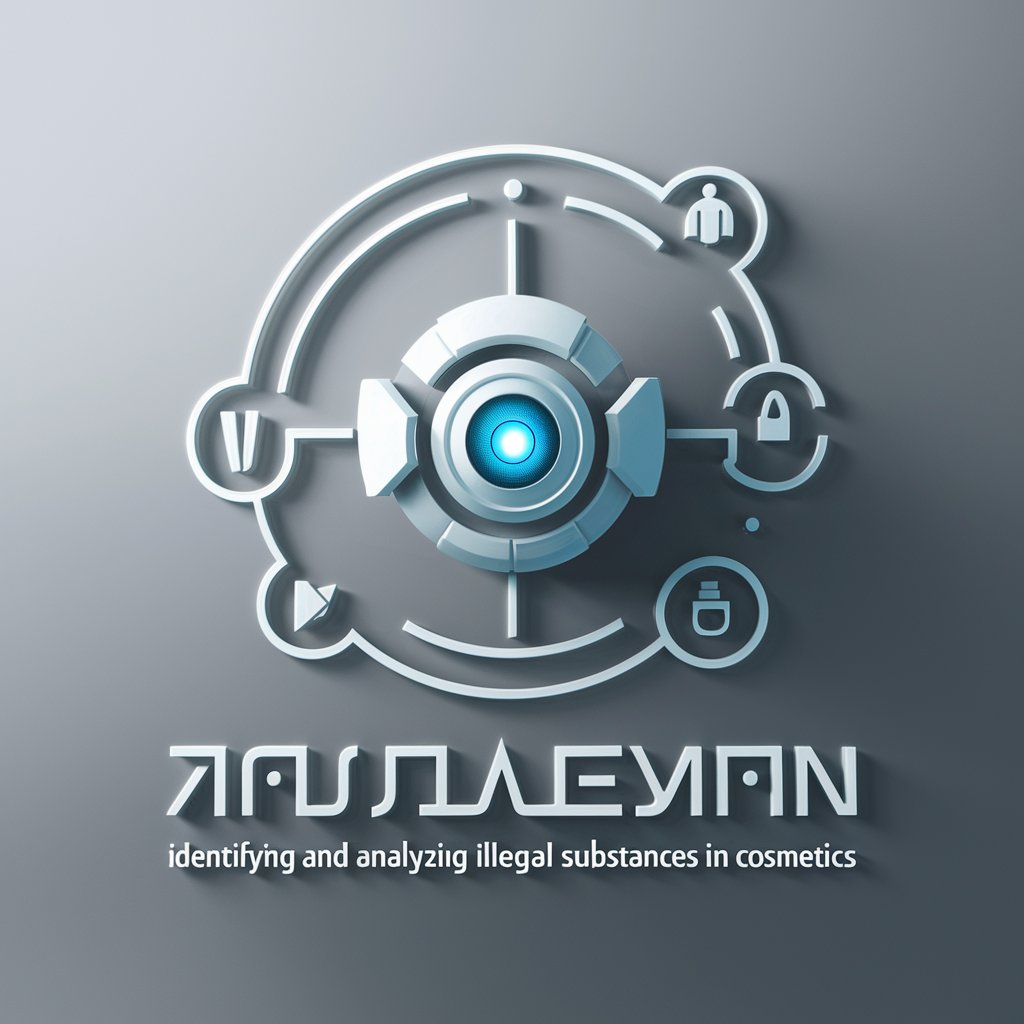
广告法违禁词查询 - Compliance Check for Ads
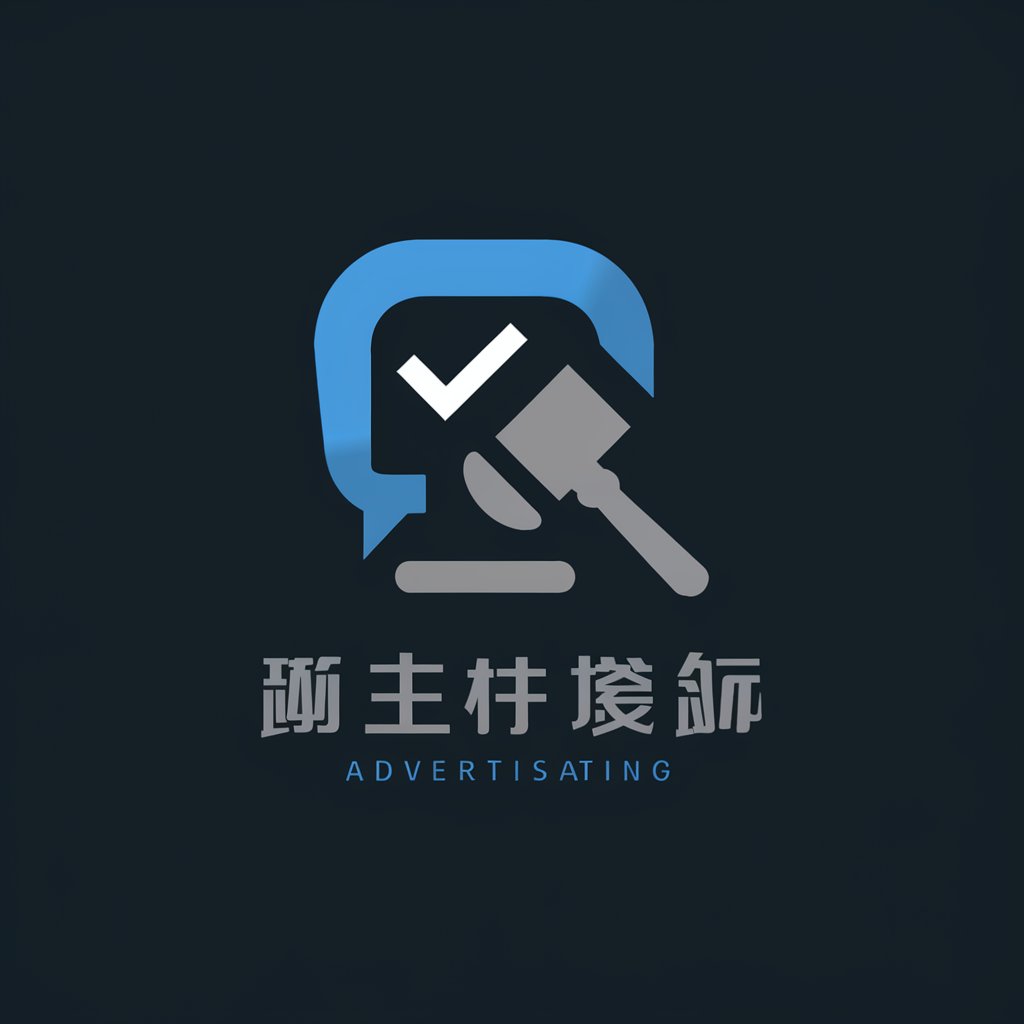
Welcome! Let's ensure your advertising language is compliant.
Navigate Advertising Laws with AI
Identify if the following phrase violates Chinese advertising laws:
Suggest compliant alternatives for the term:
Analyze this word for advertising compliance:
Does this phrase adhere to Chinese advertising regulations:
Get Embed Code
Introduction to 广告法违禁词查询
广告法违禁词查询 is a specialized tool designed to assist users in identifying words or phrases that may violate advertising laws, with a focus on the regulatory environment in China. This tool analyzes given language to determine its compliance with legal standards for advertising content. It is particularly useful in environments where precision in language is crucial to avoid legal pitfalls. For instance, in a promotional material, using the word '最佳' (best) might be considered as absolute language, which is typically prohibited in Chinese advertising law. In such a case, 广告法违禁词查询 would flag this word and suggest a more compliant alternative like '优质' (high quality), thus helping to navigate the stringent requirements for advertising language. Powered by ChatGPT-4o。

Main Functions of 广告法违禁词查询
Compliance Analysis
Example
Identifying the word '无敌' (invincible) in a product ad as potentially misleading or absolute language.
Scenario
A user drafts an advertisement claiming their product is '无敌' in its category. 广告法违禁词查询 analyzes this and suggests replacing '无敌' with '领先' (leading), to comply with regulations against absolute claims.
Suggesting Alternatives
Example
Proposing '安心使用' (use with peace of mind) instead of '绝对安全' (absolutely safe).
Scenario
In an advertisement for a safety device, using '绝对安全' could imply guarantees beyond reasonable assurance. 广告法违禁词查询 would recommend a less absolute term like '安心使用', reducing legal risks.
Clarification Requests
Example
Requesting context for the phrase '治愈率高' (high cure rate) in a health-related ad.
Scenario
When a health product advertisement includes '治愈率高', the tool might ask for additional context to ensure the claim is supported by evidence and complies with regulations on health and therapeutic claims.
Ideal Users of 广告法违禁词查询
Marketing Professionals
Individuals and teams responsible for creating and reviewing advertising content. They benefit from ensuring their campaigns are legally compliant, thus avoiding potential fines and maintaining brand integrity.
Legal Advisors in Corporations
Legal professionals within companies who oversee compliance and risk management. They use the tool to quickly assess advertising materials for legal compliance, streamlining the review process.
Small Business Owners
Owners of small to medium-sized enterprises who may not have dedicated legal or marketing teams. The tool helps them navigate advertising regulations effectively, ensuring their promotions are both effective and compliant.

How to Use 广告法违禁词查询
1
Access a free trial on yeschat.ai without needing to login or subscribe to ChatGPT Plus.
2
Type in the word or phrase you wish to check for compliance with Chinese advertising laws.
3
Submit your query. The tool analyzes your input against a comprehensive database of terms restricted by advertising laws.
4
Review the results. If any violations are found, the tool will highlight these words or phrases.
5
Utilize the provided suggestions for legally compliant alternatives to adjust your advertising content accordingly.
Try other advanced and practical GPTs
抖音违禁词机器人
Ensuring Douyin Content Integrity with AI
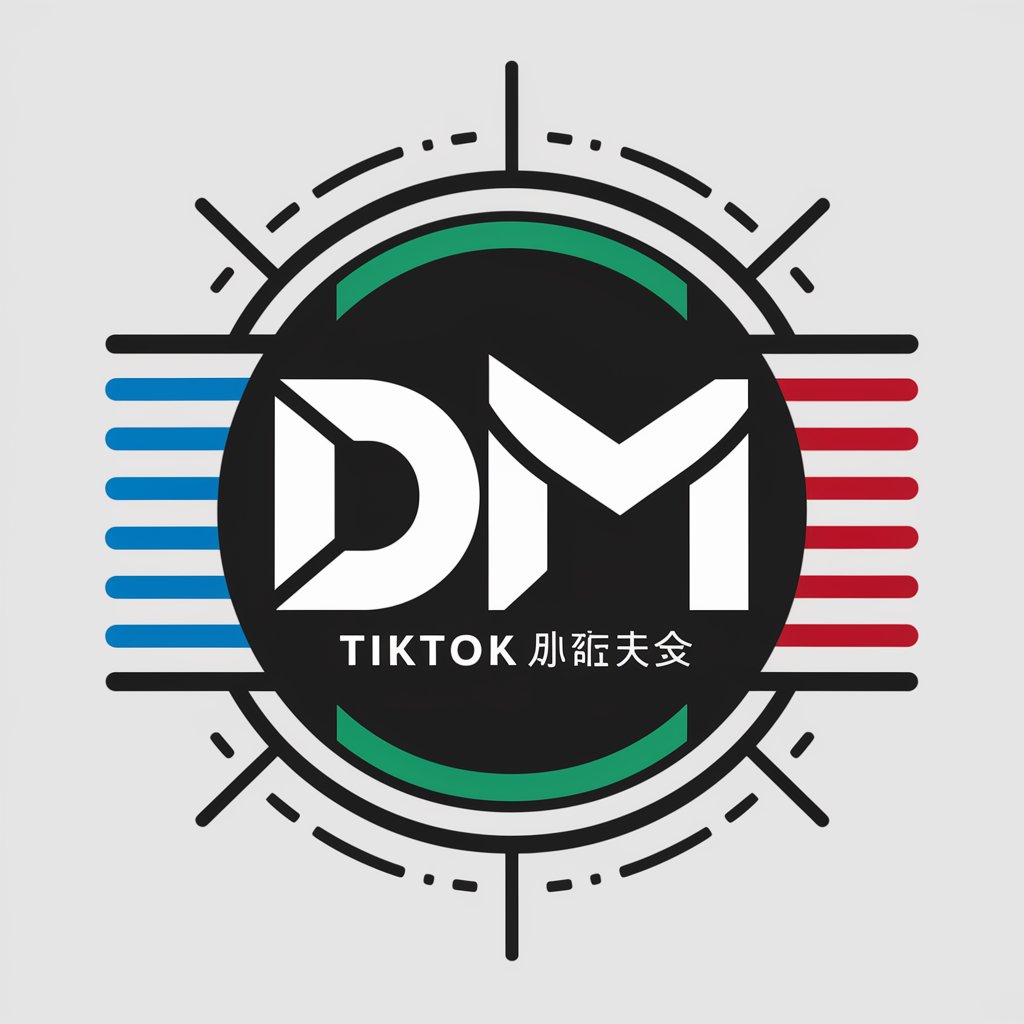
Zeek先生
AI-powered Zeek and network security guidance.

新卒就活のメンター・コーチ
Empowering New Graduates with AI-driven Job Search Strategies

終活支援AI
Empowering peaceful end-of-life preparation

抱抱劳动律师
Empowering You with Expert Labor Law Guidance
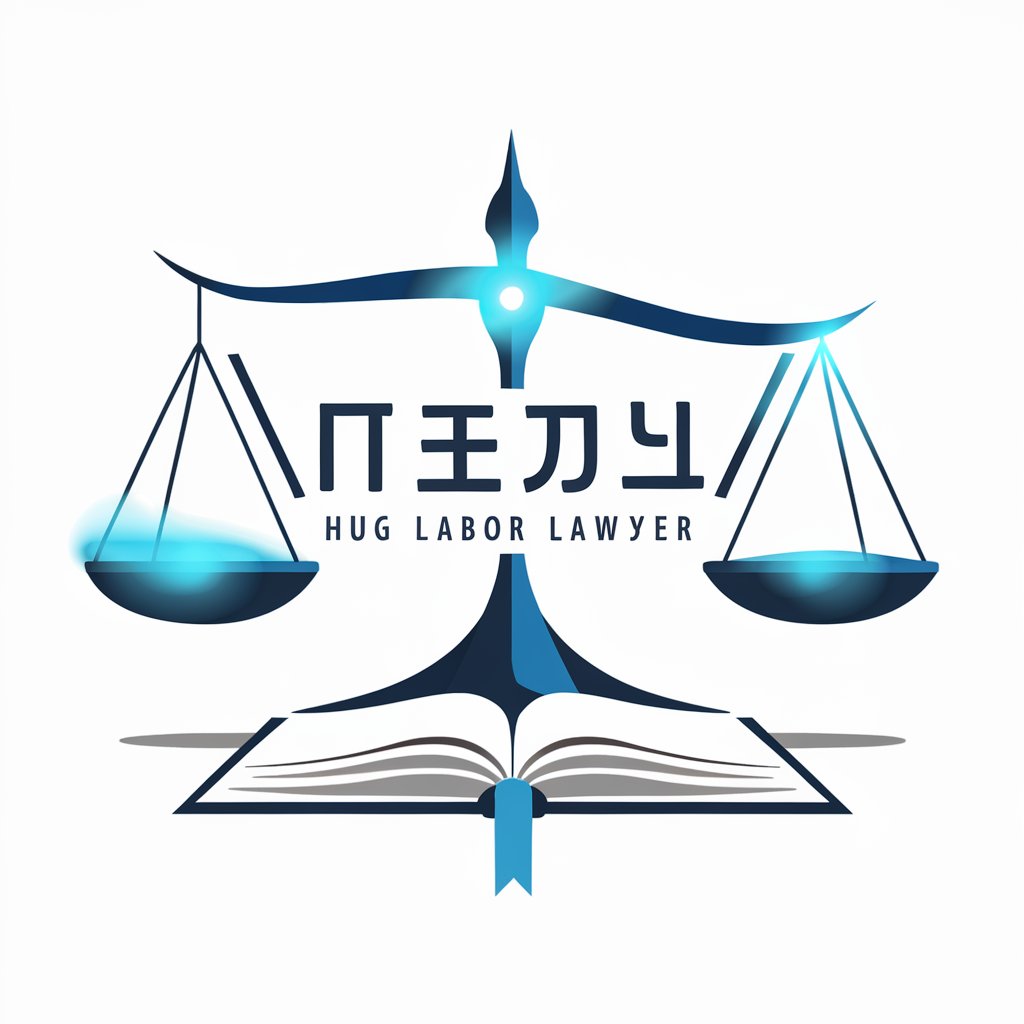
ユメコ
Engage with your AI-powered tsundere companion.

今日の占い(男性禁止)
Elevate Your Mood with AI-Powered Fortunes

黑色幽默(给我一个词,我一定会让你忍俊不禁!)
Crafting Shadows into Laughter

抖音违禁词检测
Automated compliance for 抖音 content.

沈阳美食家
Unpack the Fun with AI

世界漫游者
Empower Your Journey with AI-Driven Travel Insights

一叶秋
Empowering Product Decisions with AI

FAQs About 广告法违禁词查询
What is 广告法违禁词查询?
It is a specialized tool designed to identify words or phrases that may violate Chinese advertising laws, providing compliant alternatives.
How accurate is 广告法违禁词查询?
While highly accurate, users are advised to consider the context of their advertising content and consult legal advice for complex scenarios.
Can 广告法违禁词查询 suggest alternatives for flagged words?
Yes, it suggests legally compliant alternatives for any violations it identifies, aiding in crafting lawful advertising messages.
Is 广告法违禁词查询 updated regularly?
Yes, it continuously updates its database to reflect the latest changes in Chinese advertising laws and regulations.
Who can benefit from using 广告法违禁词查询?
Marketers, advertisers, content creators, and legal professionals looking to ensure advertising content complies with Chinese regulations.
